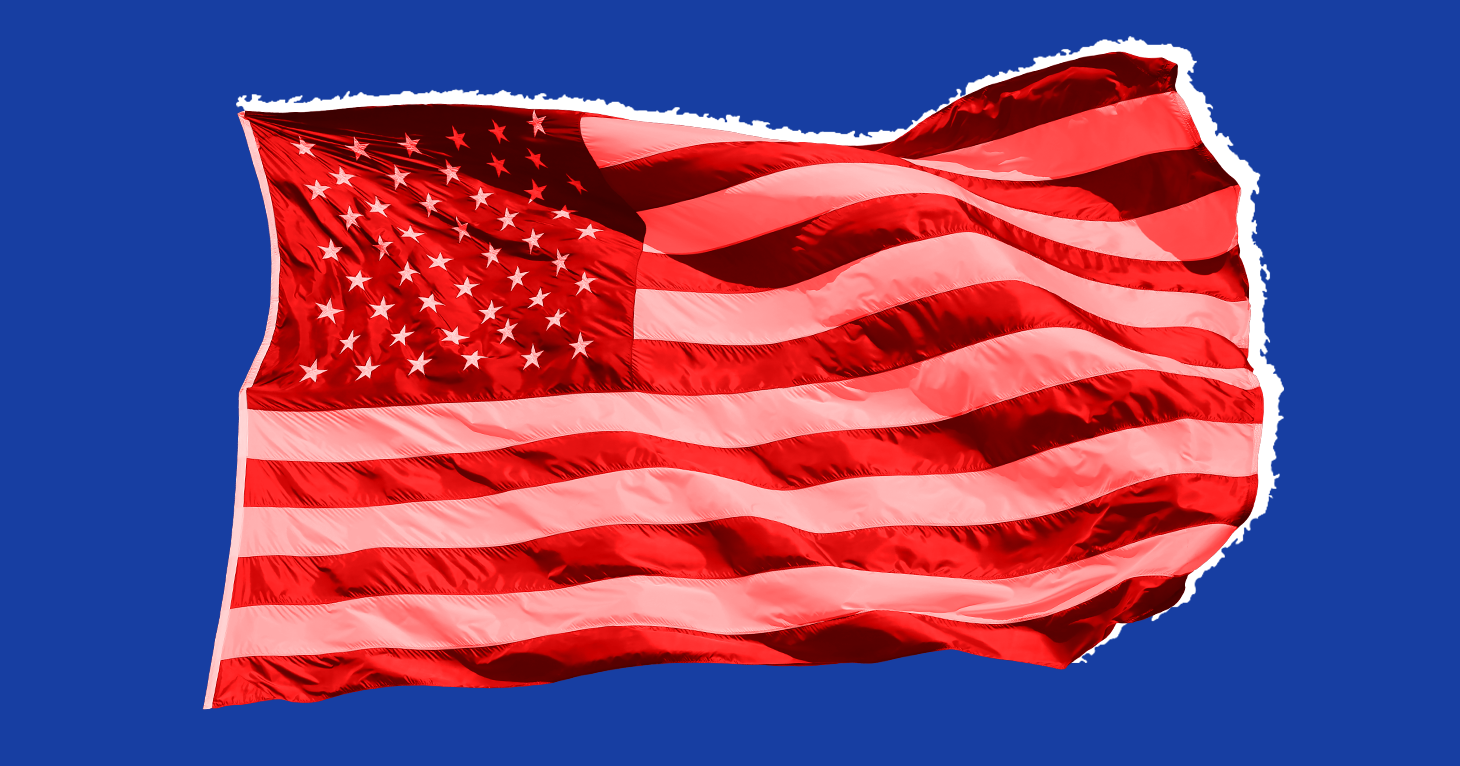
Best Reader Tips of 2021
This year reader tips led to dozens of ad alerts, as well as a complaint to regulators.
Jury puts a dollar value on a competitor's false U.S.-origin claims.
As TINA.org has said several times, including in a 2019 petition to the FTC, it’s not just consumers who are harmed by deceptive made in the USA marketing. Honest businesses suffer too.
Last month, a jury returned a verdict in a Lanham Act case that put a dollar value on the impact a competitor’s deceptive made in the USA claims had on a company that appropriately advertises its products as American-made. In siding with the plaintiff, a Wisconsin-based glassware company called BenShot, the jury awarded $3.15 million in compensatory and punitive damages.
‘The competitor’s claims hurt us significantly’
Before BenShot sued Lucky Shot USA and its parent company 2 Monkey Trading for allegedly stealing its idea for a bullet-embedded shot glass and falsely marketing the similarly designed product as made in the USA, BenShot called the company to ask it to stop, BenShot cofounder Ben Wolfgram told TINA.org. When the competitor didn’t stop, BenShot filed a lawsuit in 2018. (In 2020, BenShot filed an amended complaint adding Douglas Ingalls, the owner and president of the companies, as a defendant.)
“The competitor’s claims hurt us significantly,” Wolfgram said. “In addition to the direct damage, we have loss of market, loss of brand integrity and confusion in the marketplace.”
Wolfgram added that BenShot is his sole source of income, in addition to that of his father, with whom he founded BenShot in 2015, and his 40 employees.
For the company’s bullet-embedded glassware, Wolfgram described the typical customer as “military personnel, veterans, gun enthusiasts, hunters and patriotic Americans.” While acknowledging it would be cheaper to make the glassware in China, which is where BenShot alleged its competitor’s product came from, Wolfgram said his customers “appreciate the skill, commitment to craft and resilience of the American worker.”
Having the resources to fight back
After the verdict was announced, Wolfgram issued a press release lauding the judgment as a “landmark” decision. Unfortunately, the reality is many businesses don’t have the resources to fight back. Wolfgram himself said he spent “way more than I expected.”
This was part of the reason TINA.org filed a petition with the FTC in 2019 urging the agency to enact a rule that would allow it to fine companies engaged in deceptive made in the USA marketing. When it eventually did, in 2021, three FTC commissioners said in a joint statement that the “rule will especially benefit small businesses that rely on the Made in USA label, but lack the resources to defend themselves from imitators.”
‘I didn’t have a choice in this lawsuit’
Despite the large verdict, Wolfgram said he would be “very surprised” if he sees any of the money owed to him and his company. But it was never about money.
“I didn’t have a choice in this lawsuit,” he said. “I needed to protect the jobs of my team and ensure we have a marketplace that is as fair as possible to compete in.”
Find more of our coverage on deceptive made in the USA claims here.
This year reader tips led to dozens of ad alerts, as well as a complaint to regulators.
From “Belgian” chocolates made in the U.S. to knockoff engagement rings, be wary of these roadblocks to love.
These marketing claims are feeling the heat.


